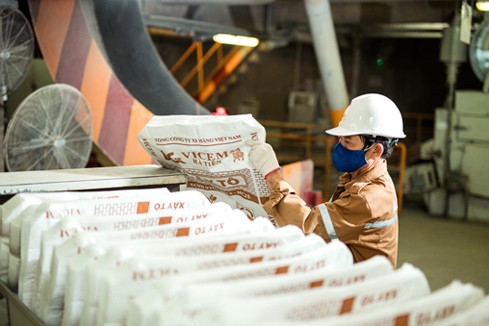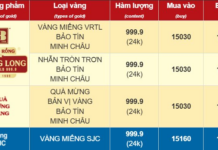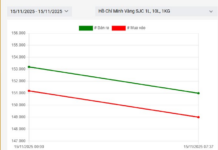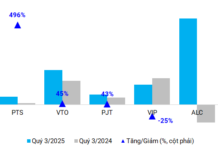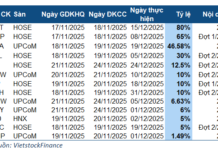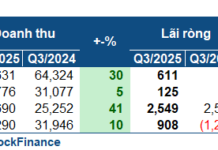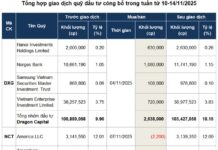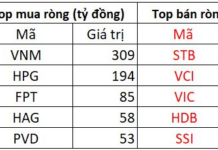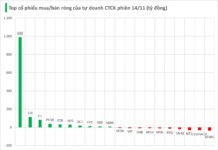Reporting to Prime Minister Pham Minh Chinh, the Vietnam Cement Association said that since 2022, cement consumption has been continuously decreasing. Last year, domestic consumption was only 84% compared to the same period in 2022 (domestically reaching 56.6 million tons, exporting 31.2 million tons). Meanwhile, Vietnam has 61 factories, with a total designed capacity of about 117 million tons of cement per year.
“The cement industry is facing great difficulties in production and consumption, and businesses are at risk of bankruptcy or selling part of their factories to foreign countries,” the association said.
In fact, this is not the first time cement companies have called for help. At the end of last year, along with 7 other associations in the construction materials industry, businesses reported on their precarious situation.
Clarifying further on the bottlenecks, the Cement Association said that the difficulties stem from weak domestic consumption demand and slow implementation of public investment projects. Road construction projects, including highways, still use traditional technology, the application of concrete overpasses is limited, and the solution of using cement to reinforce and stabilize the ground has not been applied.
The housing and real estate market has not recovered, and the rate of social housing construction investment projects implemented in practice is very low.
Meanwhile, businesses are facing difficulties in production due to high fuel and energy prices, especially coal prices. Clinker export tax has increased, and environmental pressure on cement factories is increasing.
In order to help businesses overcome difficulties, the Vietnam Cement Association has proposed that the Prime Minister and ministries and agencies find ways to increase domestic consumption through the construction of elevated roads instead of reinforced concrete cement roads, especially in areas with soft ground, or in places that need to drain floods such as the Central region and the Mekong River Delta.
The government should also consider reinforcing the roadbed with cement – soil to replace the traditional solution of filling the roadbed with sand, the Cement Association said.
The association also recommended that the government submit to the National Assembly for approval to abolish the export tax on clinker. In the short term, if not abolished, the association proposes to keep the export tax on clinker at 5% for the next two years and be deducted VAT.
They also requested that the Prime Minister instruct banks to reschedule debts and reduce interest rates for cement enterprises, and not encourage foreign investors to invest in cement projects in Vietnam.
Duc Minh
